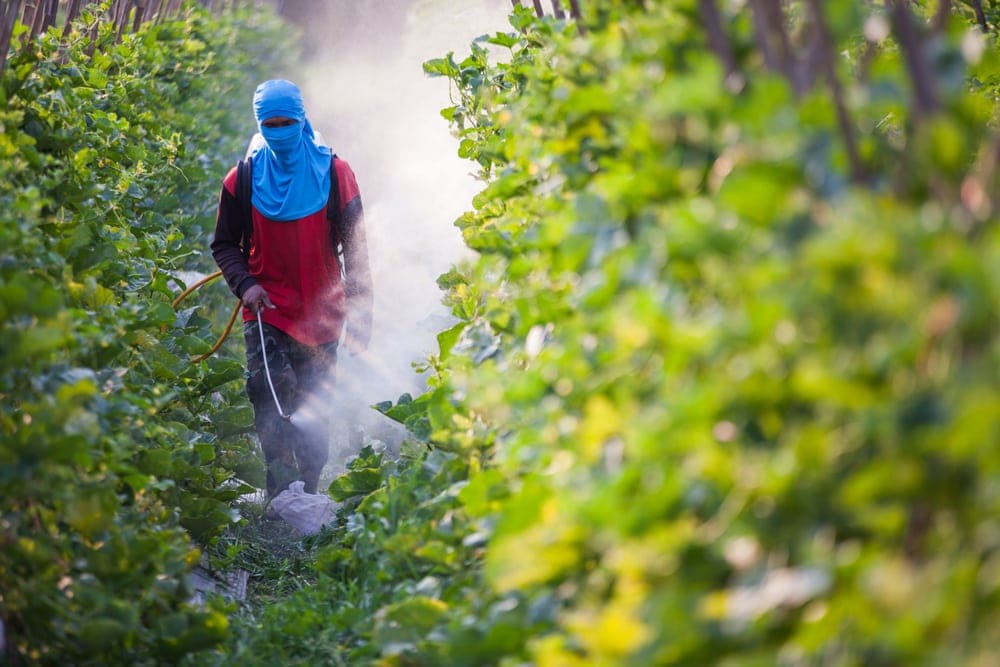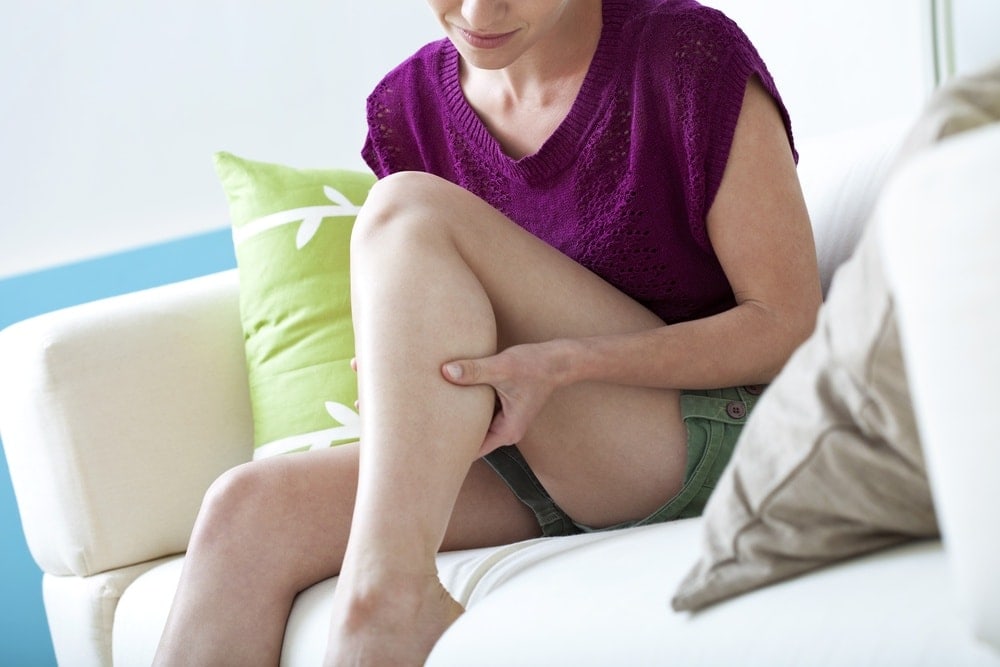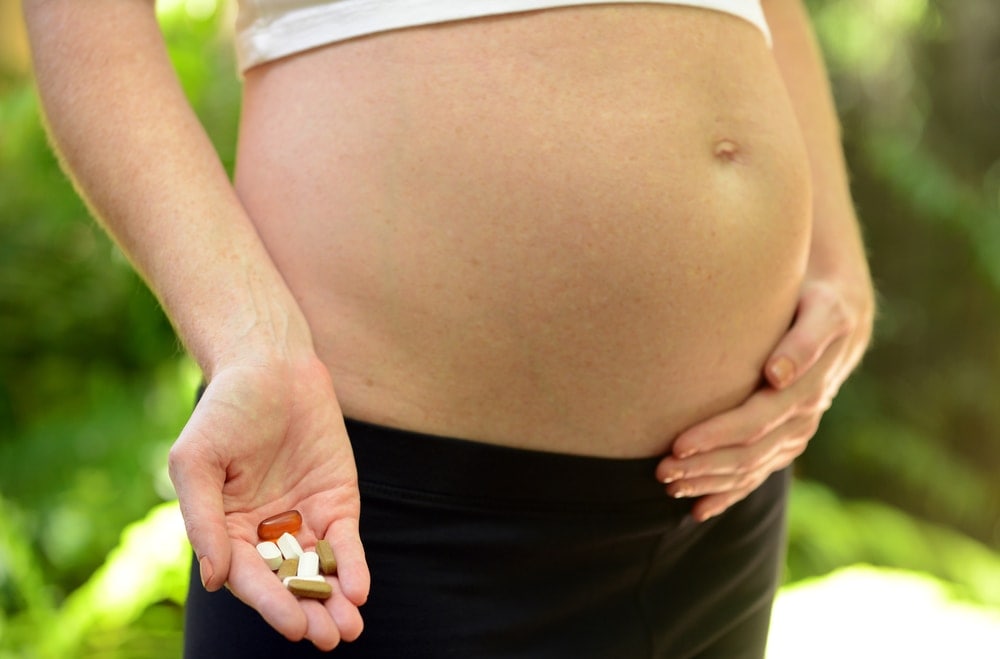Using bug spray during pregnancy is risky. Pesticides and insecticides contain chemicals that are used to attack the nervous system of the insects and cause them to die. During the first trimester of pregnancy, the nervous system is rapidly developing in your baby, so you definitely want to avoid any type of contact with pesticides during pregnancy.
The Safety of Pesticides During Pregnancy
Agricultural Pesticides & Insecticides
Some studies indicate that the greatest risk of exposure to pesticides is during the first 3 to 8 weeks of the first trimester when the neural tube development is occurring. If you discover you are pregnant and you live near an agricultural area where pesticides are being used, it is advised you remove yourself to avoid exposure to these chemicals.
Annals of Oncology, Epidemiology, Toxicology and Applied Pharmacology, Journal of Neuroscience, Occupational Environmental Medicine, and the American Journal of Public Health are just some of the journals reporting associations between agricultural pesticides and birth defects, pregnancy complications, and miscarriage.
Domestic Pesticides & Insecticides
The safest rule of thumb is that pregnant women should avoid pesticides whenever possible. The California Birth Defects Monitoring Program reports that three out of every four women are exposed to pesticides around the home. They also observed that pregnant women exposed to household gardening pesticides had a modest risk increase for oral clefts, neural tube defects, heart defects, and limb defects.
Women living within 1/4 mile of agricultural crops had the same modest risk increase for neural tube defects.
The Environmental Health Perspectives Journal (EHP) Volume 110 reports that children who are exposed to indoor pesticides are at an elevated risk of leukemia. EHP adds that the risk is increased during the first three months of pregnancy and when professional pest control services are used in the home.
Organic & Natural Pesticides
Almost all toxins used in pesticides are compounds that are naturally present in plants. Although they sound healthier, the terms organic and natural are not synonyms for better or safer. All chemicals, including natural chemicals, have the potential to cause harm if they are not properly handled. Make sure you read the warning labels on all pesticide and insecticide packages before handling.
Helpful Information on Using Pesticides During Pregnancy
-
- Don’t panic if you realize you have been exposed to a pesticide. Any real risk comes from long-term or intense exposure. If you just treated your dog for fleas and exposed yourself to a pesticide, the risks to your baby are small.
- The safest plan is to avoid using pesticides or insecticides in your home, on your pets, or in the garden during pregnancy. Especially avoid them during the first trimester when the baby’s neural tube and nervous system are developing.
If there must be a treatment to your home, your pet, or your garden for pesticides, follow these guidelines to decrease the likelihood of exposure:
- Have someone else apply the pesticides
- Leave the area for the amount of time indicated on the pesticide package
- Remove food, dishes, and utensils from the area before the pesticide is used
- Wash the area where food is normally prepared following any application of pesticides in the home
- Open the windows and allow the house to ventilate after the treatment is completed
- Wear protective clothing when gardening to prevent contact with plants that have pesticide on them
Call your poison center at (800) 222-1222 immediately if a pesticide comes in contact with your skin, is inhaled, or is swallowed. Try to have the pesticide container with you when you call.
Compiled using information from the following sources:
Environmental Health Perspectives,
California Birth Defects Monitoring Program,






